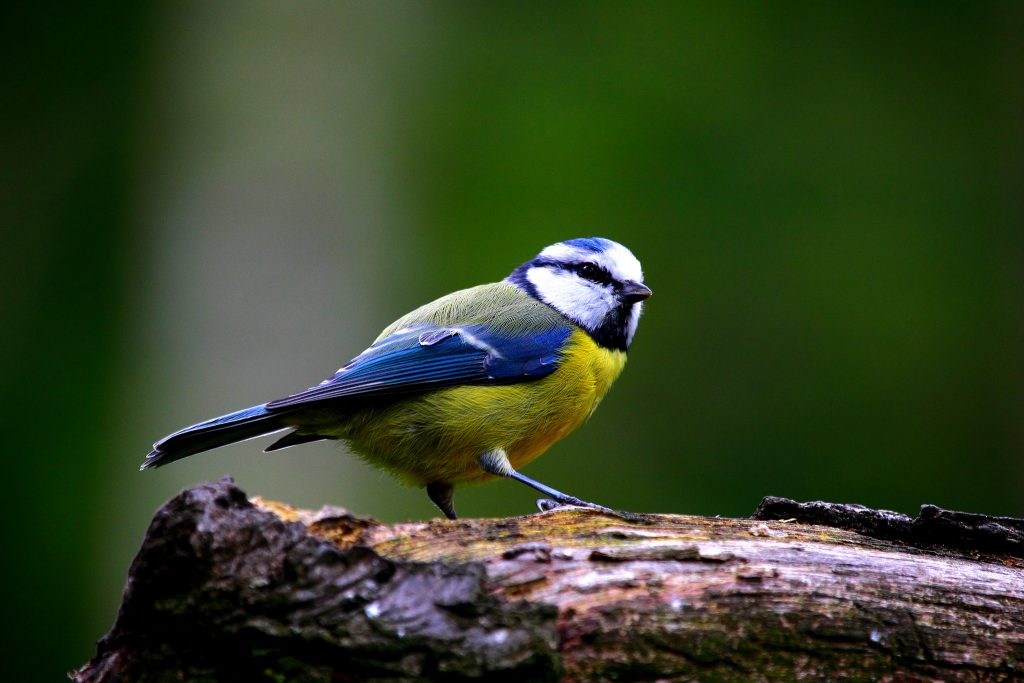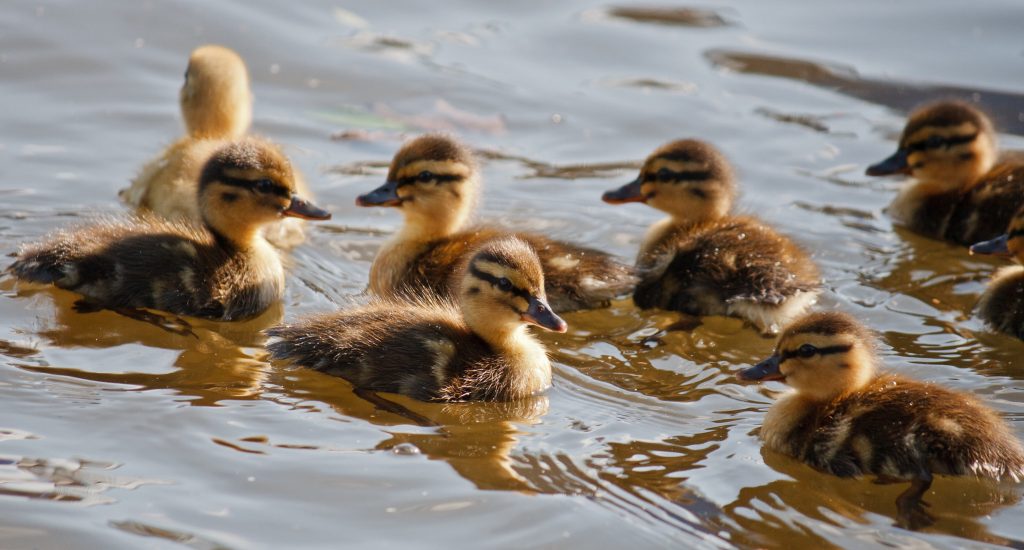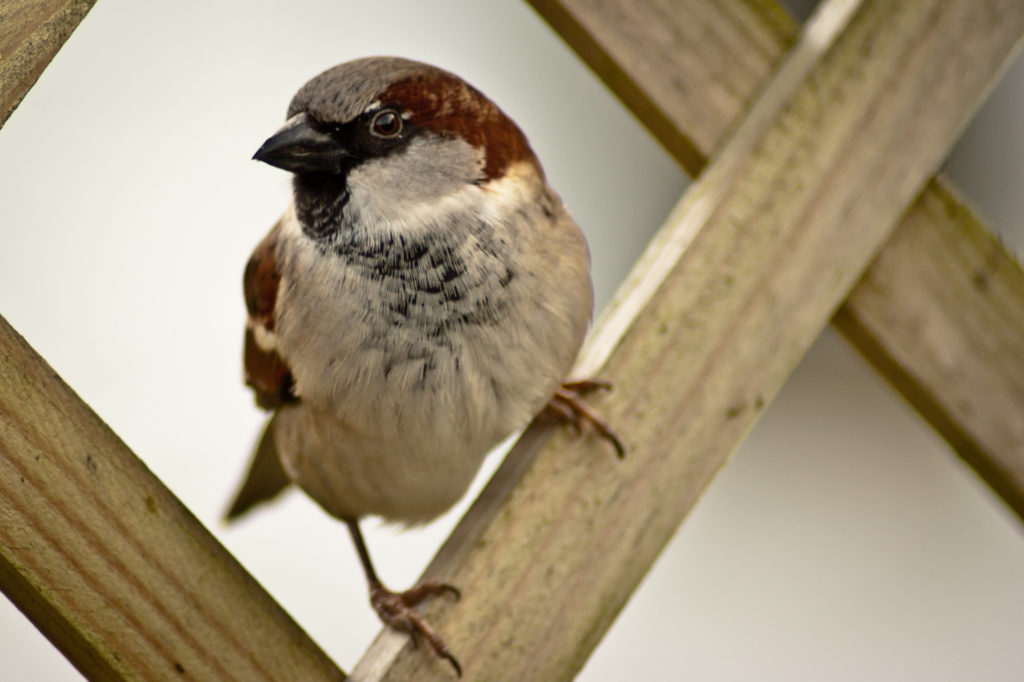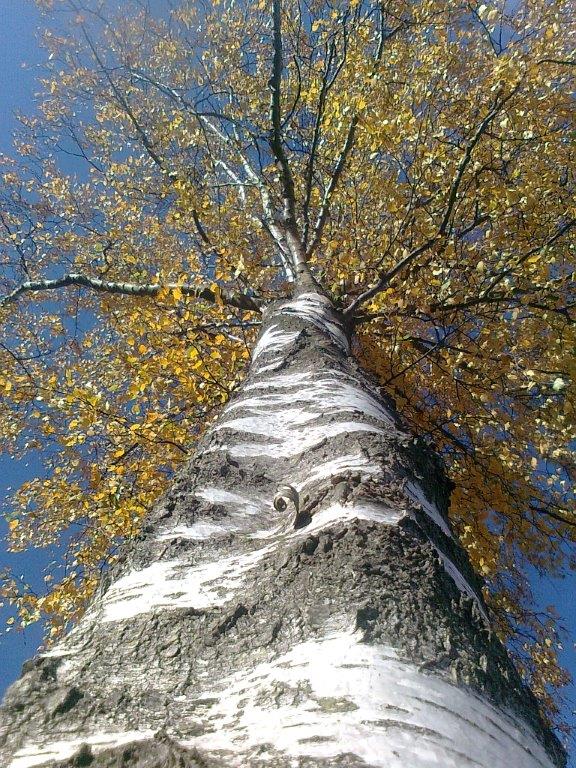The Guardian reports Ministers have been accused of hypocrisy in bringing forward a “toothless” environment bill that will fail to protect against developers concreting over valuable green space, lack provisions for improving air quality, and contain what campaigners said were inadequate protections for wildlife.
The government voted down amendments to its flagship environment bill on Wednesday that would have strengthened the powers of a watchdog, given local communities more say over planning and development, and expanded protections for habitats.




